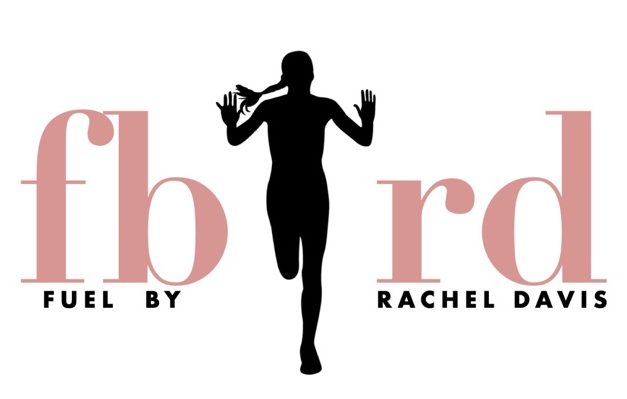Comp(EAT) and Achieve
Participating in sports and recreational activities is an important part of a healthy, physically active lifestyle for kids. Unfortunately, the risk and incidence of injury exists with activities, but poor nutrition and dehydration can exacerbate the frequency and severity of these occurrences. Subsequently, increasing awareness and knowledge of best nutrition practices for youth athletes is necessary and is highly dependent on parents and coaches conveying and enforcing this information. These were two of the motivating factors behind the creation of our Comp(EAT) and Achieve Nutrition Program.
“We are so misinformed on proper nutrition these days, and sadly, current fads are more understood than facts. Because these fads are often contradictory to how we should be fueling ourselves as healthy, active individuals, I’ve made it my mission to advocate real nutrition and food as fuel. An enormous amount of incorrect information clouds the internet, television, and social media, so it is my goal to clarify and provide accurate, well-rounded nutrition information. It’s all about balance, and it doesn’t have to be as confusing as it seems.”
Dr. Rachel Davis, fuelbyracheldavis.com
Numerous research studies highlight nutrition as an important factor in youth sports safety and injury incidence (U.S. National Library of Medicine, 2016). Regrettably, the majority of children and adolescents do not follow recommendations of the “Dietary Guidelines for Americans,” and many consume 40% or more of total daily calories from sugary beverages and solid fats – which means they are not getting balanced nutrition and are not properly fueled physically and mentally. In addition to these poor dietary habits, overall daily water consumption is also too low, which directly affects hydration and leads to a greater chance for injury. The American Academy of Nutrition and Dietetics continues to stress the importance of adequate nutrition during growth and maturation, further emphasizing the concern of adolescents not following general guidelines for overall nutrition (Academy of Nutrition and Dietetics, 2017).
Comp(EAT) and Achieve Fueled By:





